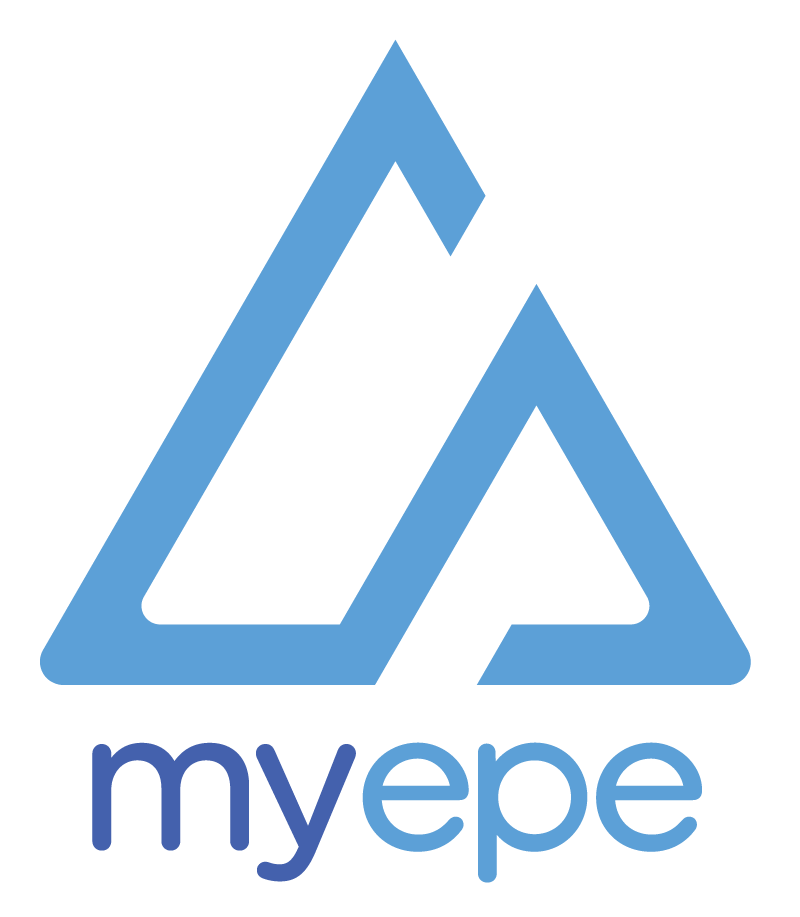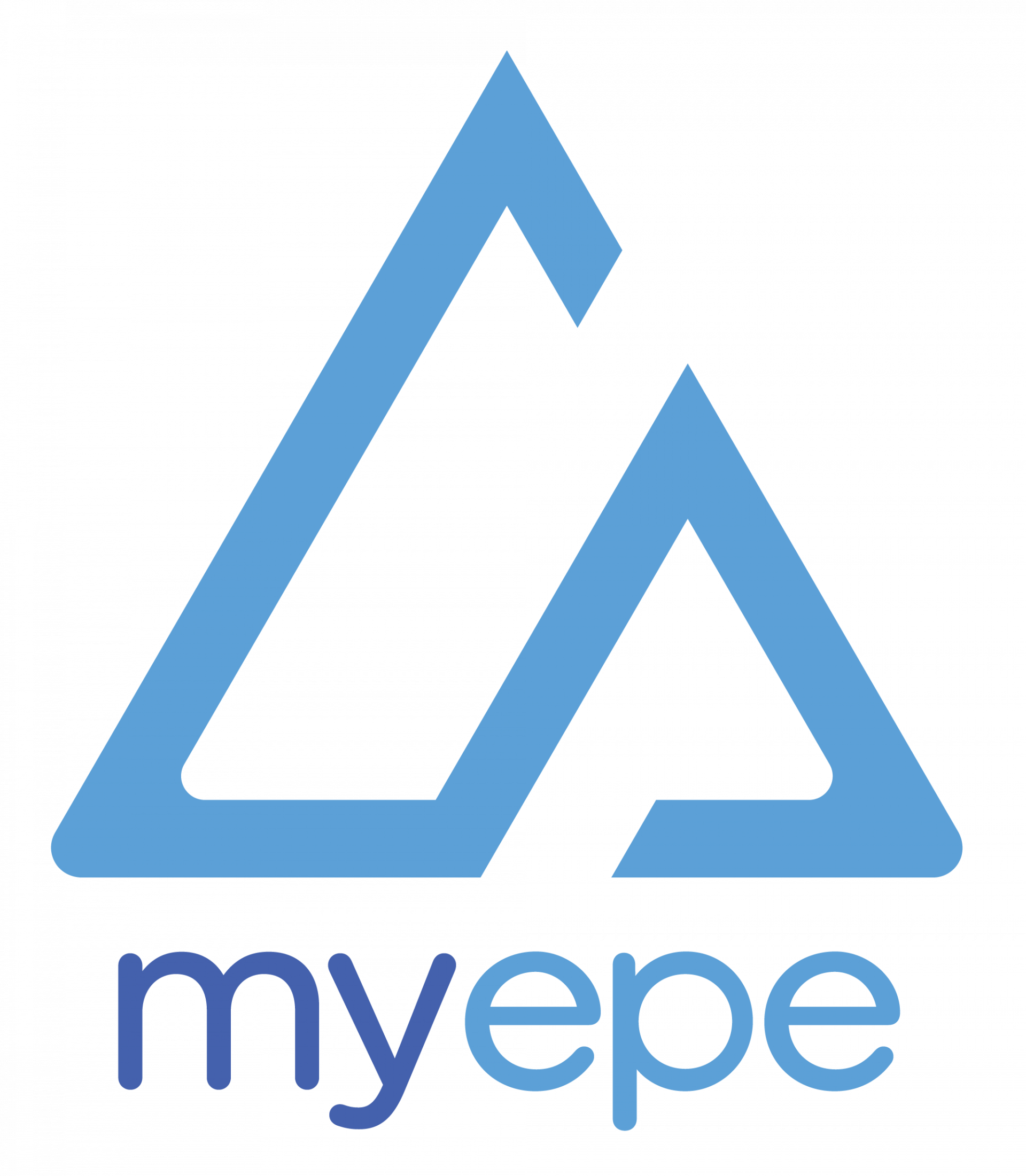Everyone can make errors - even the best of us do. So it's best to know what to avoid ahead of the big day. Especially in the PCE Practical Exam. Nerves are usually running high during the exam and this can lead to more errors. Here are 12 common exam errors that you can avoid to guarantee a pass.
Your
first interaction with the mock patient should always be introducing yourself
by name and identifying your position/role (physiotherapy candidate/student).
It is also important to address the mock-patient by their name/title and ask
how they prefer to be addressed
Read
the instructions at each station carefully. Seriously, we cannot stress this
enough. If a station states ‘do X’, then do X. Don't attempt to add more tasks
to a station than what is requested
Don’t try to link the two together. Perform an assessment when the
station calls for an assessment and a treatment when the station calls for
treatment. End of story.
Pretend the examiner is not there and only acknowledge them if
they speak to you or if the scenario states “explain to the
examiner..." Otherwise, address the mock-patient the same way you
would a real patient.
In
the same way you would address a real patient, do not use medical terminology
that the average person would not understand. Always use plain language when
speaking to or describing concepts to the mock-patient.
Speak
slowly, calmly and clearly so you can express your thoughts properly, allowing
the examiner to fully understand what you are trying to say. If English is not
your first language, then speaking clearly is especially important.
Do not assume the mock-patient will automatically position
themselves in the proper position. Mock-patients have been instructed to
act like real patients and will only do exactly what you tell them to do.
If you are unclear or disorganized in your instructions, the mock-patient will
move inappropriately making the station more difficult. This may catch you
off guard if you have only prepared with classmates as mock patients, who will
often inadvertently always be in the correct position because they know what
you are trying to do. You can easily practice this by using unassuming friends
or family members as mock patients.
If a
station specifically asks you to gain consent, then be sure to cover the
following:
- The assessment or treatment you will be doing and your
intended goals
- The anticipated benefits and risks associated to the
intended task
- Any alternative treatments, if available
- Letting the mock-patient know they have the option to
stop or decline
- Asking whether the mock-patient has any questions
- Asking if the mock-patient has understood and would like
to proceed
- Ensuring that the mock-patient says "yes" when
gaining consent and doesn't just nod their head
If
the station does not specifically say "gain consent" in the
instructions, you must still introduce yourself, determine the mock-patient’s
name, tell them the task you intend to perform, and ensure they consent (are ok
/ say yes) to the procedure.
Ask
the mock-patient if they are ok, how they are feeling, if they would like to
continue, etc. If their response includes any concerns (e.g. dizziness,
weakness, unsteady) be sure to ask specifically about those symptoms several
times while performing your task to ensure they are stable and able to
proceed.
Often
candidates will opt to describe what they would do instead of doing
it. This is a mistake. You must actually demonstrate the
technique. Likewise, the examiner may ask you to describe what you are
doing while performing the task, at which point you can describe your actions
out loud while you are physically performing the task.
Sometimes
the trick for a station is to evaluate your ability to encourage or talk a
mock-patient through a task, not performing the task for them. Therefore,
if you ask a mock-patient to perform a task and they appear to be struggling to
complete it, as long as they are safe, don’t automatically jump in and offer
full assistance. You need to understand the difference between minimal assist
and one-assist, and how to begin with the least possible level of assistance.
Then, if required, add assistance based on the mock-patient’s comments and
behaviours.


